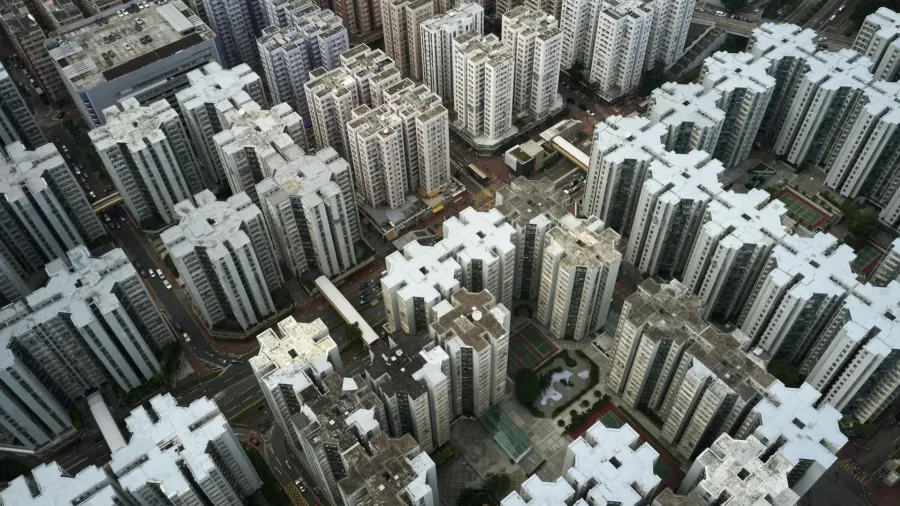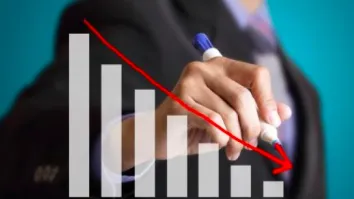
Tax cuts unlikely to lift Hong Kong home prices
They could boost sentiment and reinforce signs of a stabilising property market.
Lower stamp taxes on Hong Kong’s residential properties are unlikely to drive prices up despite a surge in transactions under $4m because of a persistent oversupply, analysts said.
With about 108,000 private homes forecast to come to the market in the next three to four years, developers are under pressure to keep rather than raise prices, Elliott Hau, head of financing valuation at Colliers Hong Kong, told Real Estate Asia.
“The overall impact on property prices may be limited due to the ongoing oversupply issue,” he said via Zoom.
The government cut the ad valorem duty for flats worth $4m to $100 from $60,000 on 26 February, spurring a 33% increase in transactions in March from a month earlier, Hau said.
“But the increase is not solely due to the ad valorem duty adjustment,” he said. A significant factor is the large property stock developers are holding, which is driving them to cut prices and use various marketing tools to boost sales, he added.
In March, the government dismissed claims of a residential oversupply, citing a private housing vacancy rate of 4.5% at end-2024 — in line with the 20-year average — and rising rental prices.
Lucia Leung, director of research and consultancy for Greater China at Knight Frank, said the impact of lower taxes on house prices would be gradual, adding that increased real-estate activity could help stabilise the market.
“I don’t think the adjusted ad valorem duty thresholds will have any direct and immediate impact on property prices in Hong Kong,” she said.
Both analysts said lower taxes could make housing more affordable for entry-level buyers but might not trigger a dominant market shift.
Hau said overall demand continues to favour more expensive units. In March, properties priced above $4m accounted for 71.4% of transactions, up from 63.9% a month earlier.
“This suggests that the market may not react significantly to the policy, indicating that flats below $4m are not dominating the market as anticipated,” he said.
Developers have started lowering prices to take advantage of the tax cuts, particularly for properties under $4m, Hau said. There were 440 first-hand property transactions below $4m in March, he pointed out.
The top-selling project was Vanke Le Mont in Tai Po with 182 units sold, followed by Sun Hung Kai’s YOHO West Parkside in Tin Shui Wai with 75 transactions, and The HAVA in Yuen Long by Kerry Properties with 68 units.
Leung also expects more developers to lower the prices of units that they originally targeted to price higher than $4m or below to stimulate sales.
Hau forecasts continued growth in transaction volumes in the next six to 12 months.
He noted that 12,193 housing units were sold in the first quarter, 24.1% more than a year earlier. In March alone, deals rose 68% to 5,367 from a month earlier, he pointed out.
Leung predicts transactions for flats below $4m to rise 5% to 10% in the next six to 12 months.
“The revised ad valorem duty is likely to boost overall transaction volumes, not just for properties under $4m, but across the entire market,” Hau said. But prices would remain low in the short term due to the anticipated large supply of homes coming to the market, he added.
Leung said the tax cuts would support the broader property market by boosting sentiment and reinforcing signs of a stabilising market.
“If interest rates continue to decline, coupled with developers actively launching new projects, it will further unleash market momentum, especially for low-priced properties,” she added.

















 Advertise
Advertise






